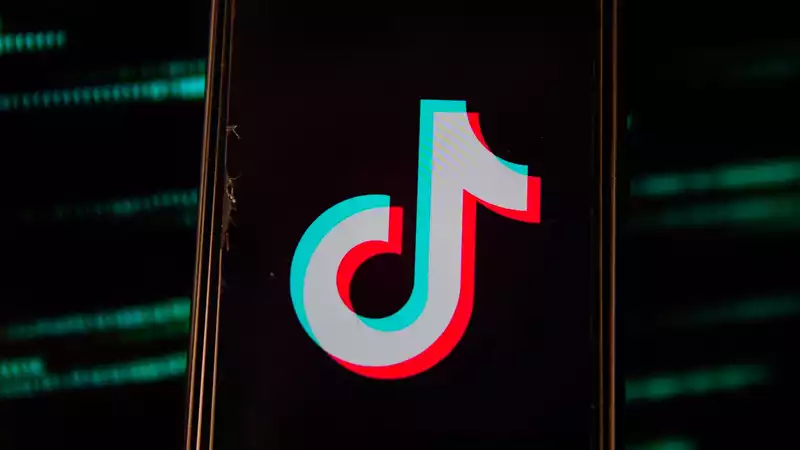Industries, influencers, and teenagers are preparing for a TikTok ban as the most popular social media platform these days could be stripped of its U.S. users.
In recent weeks, U.S. government officials have proposed banning TikTok, citing national security concerns posed by the collection of information by foreign states.
While there is limited evidence that TikTok's China-based parent company ByteDance is an active threat, U.S. lawmakers may follow India's lead and ban the social media app
On June 29, India announced a ban on 60 Chinese-made announced a ban on mobile apps. The move came after violent clashes in the Himalayas earlier this month escalated tensions between the two countries.
The New York Times reported that the ban is a form of retaliation and that India is preventing Chinese telecom companies from profiting from the Internet boom.
According to research firm Sensor Tower, India is the biggest driver of TikTok installations, providing 30.3% of the social media app's total lifetime downloads.
As a result, India's ban on TikTok has triggered some peripheral research into ByteDance and the data it collects from users.
For example, the U.S. Foreign Investment Committee is reviewing ByteDance's acquisition of Musical.ly, a U.S. company that morphed into TikTok two years ago, and Secretary of State Mike Pompeo told Fox News on July 6 that the White House is "certainly considering" a ban on the app .
"Only if we want your personal information in the hands of the Chinese Communist Party," Pompeo said when Fox News asked if people in the United States should install TikTok.
According to Reuters, TikTok has about 26.5 million monthly active users in the U.S. 60% are between the ages of 16 and 24, but it is used by sports teams, news organizations, celebrities, musicians, and influencers.
According to Rolling Stone magazine, the music industry in particular relies on TikTok to grow artist brands and could face negative consequences if a TikTok ban is enacted.
Although the U.S. government has not approved a formal plan to ban TikTok, lawmakers are pushing for swift action against the app from a variety of angles.
Republican Senator Josh Hawley has proposed the "No TikTok on Government Devices Act," which would ban federal employees from installing TikTok on government-issued devices. According to the New York Times, the Senate Homeland Security and Governmental Affairs Committee will review the bill on July 22.
Some companies concerned about data privacy have already instituted policies banning their employees from using TikTok. Wells Fargo banned the use of TikTok from company devices on July 13 after learning that "a small number" of employees had installed TikTok on their company phones.
Amazon, meanwhile, instructed its employees on July 10 to remove the app from their personally owned devices, but later retracted that instruction. An Amazon spokesperson told The Verge that the company's communication regarding the ban was a "miscommunication."
TikTok's U.S. team has not remained silent amid the threat of a ban. It appears to be taking steps to distance itself from ByteDance, including hiring former Disney streaming chief Kevin Mayer as CEO. In addition, according to FastCompany, on July 16, the company launched an initiative to fight misinformation with its creators.
"There is a lot of misinformation out there right now about TikTok," Michael Beckerman, TikTok's U.S. public policy director, said in a statement (via CNN)
In an interview with Gray Television on July 7, President Trump said the U.S. considering a ban on TikTok, confirming Pompeo's statement to Fox News.
While no major legislation has been introduced to ban TikTok for all U.S. users, the conversation that took place during the No TikTok on Government Devices Act debate on July 22 may be a tell-tale sign of future action. A ban on TikTok for government employees may add weight to concerns about TikTok's handling of user data.
Recent discoveries have not helped TikTok's case either: Forbes reported last month that Apple's iOS 14 identified TikTok as one of several apps that are snooping on users' iPhone clipboards.
When security researchers reported similar data privacy issues earlier this year, ByteDance reportedly denied any intentional involvement and vowed to fix the problem. However, users of the new iOS 14 may have noticed that TikTok is dancing on thin ice, as they can receive "paste" alerts when the app is reading their clipboard.
.









Comments